Why are you gay? - Park
Aug 30, 2024
Creator
Not Park describing Owen's lips as 𝓷𝓲𝓬𝓮𝓻. Don't forget to like and subscribe to the series to get notified when a new chapter uploads! ✨
Recommendation for you
-

Recommendation
What Makes a Monster
BL 73k likes
-

Recommendation
Arna (GL)
Fantasy 5.3k likes
-

Recommendation
For the Light
GL 19.2k likes
-

Recommendation
Secunda
Romance Fantasy 41.9k likes
-
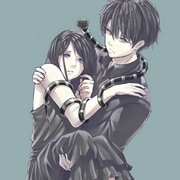
Recommendation
The Taking Season
Romance 6.5k likes
-

Recommendation
Silence | book 2
LGBTQ+ 31.4k likes
-

Feeling lucky
Random series you may like
15.8k views312 subscribers
Park “Parkinson” Min-Kyu believes the world has gone to shit and everything in it equally disgusting.
Owen is friendly, popular and has a smile for everyone. Park is rude, a snob and the school's designated ‘robot.’ Owen nurses the biggest crush on Park. Park mostly forgets Owen exists.
Failing his classes and on the brink of being dropped out of his athletic scholarship, Owen is tutored by a reluctant Park. Despite Park's bristle manners, Owen sees this as an opportunity to bring his grades up and win Park's heart.
****** They say life comes in small doses of sweetness. (That is a massive lie) They never warned that life can come as a redhead with a beautiful smile and a big heart. (And foolish optimism that Park maybe finds endearing.)
° Updates Wednesdays & Fridays (12:00p.m PST)Read more
Please log in to add a comment.

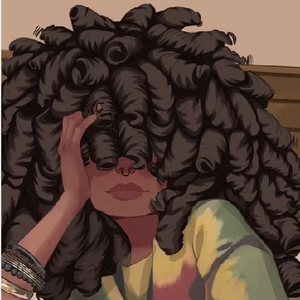
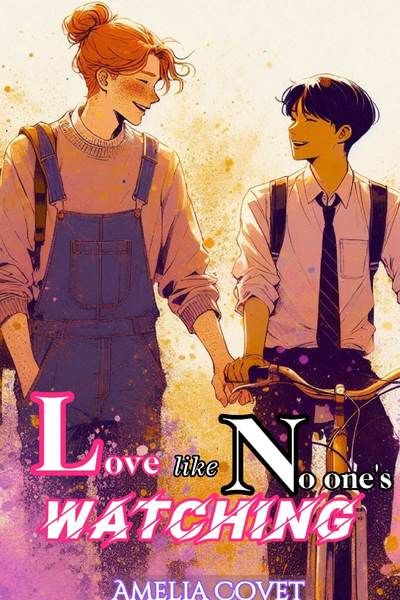
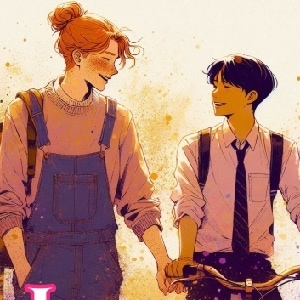
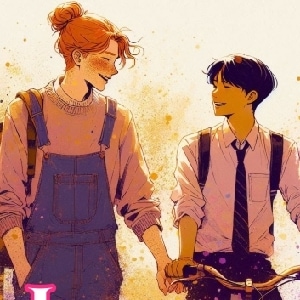
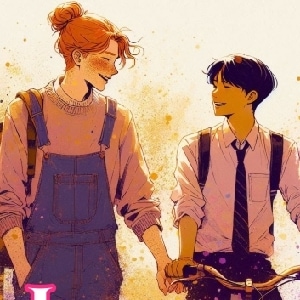
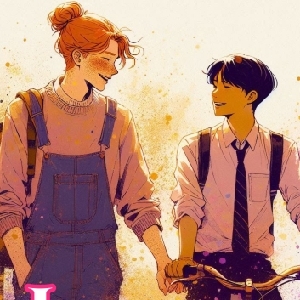
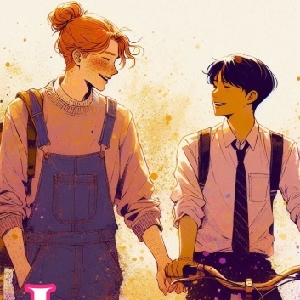
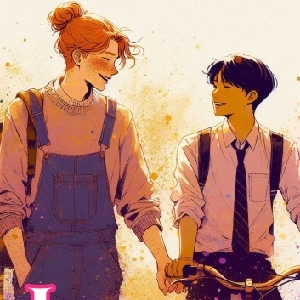
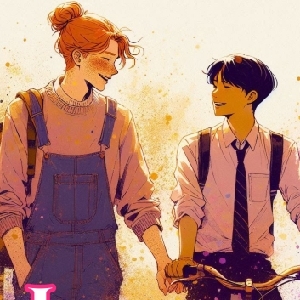
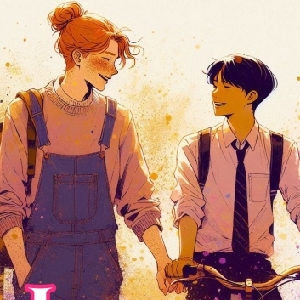
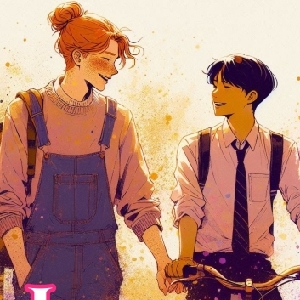
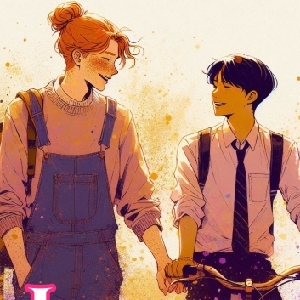
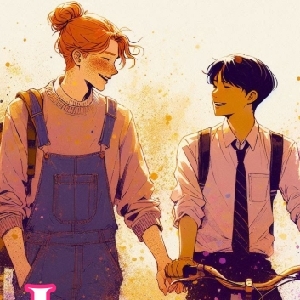
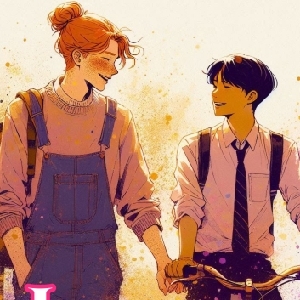
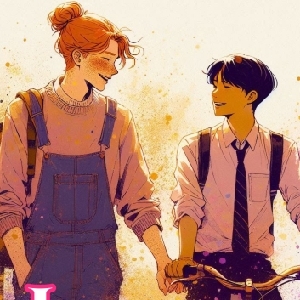
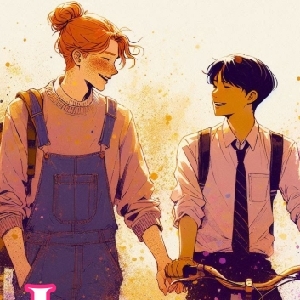
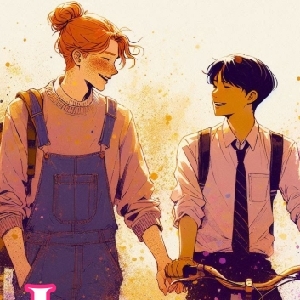
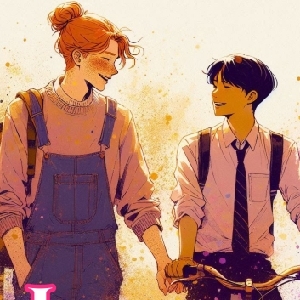
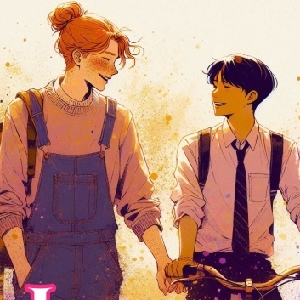
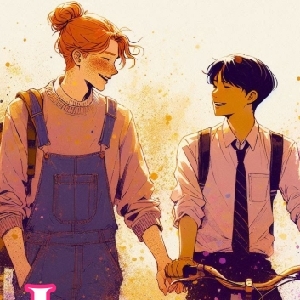
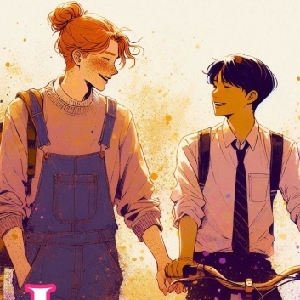
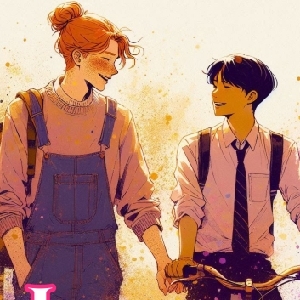
Comments (0)
See all